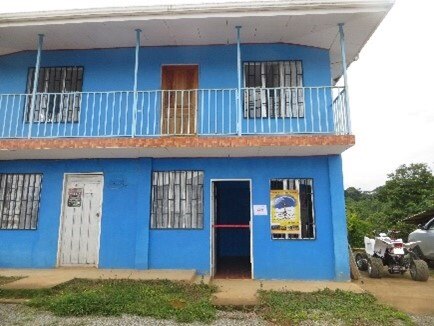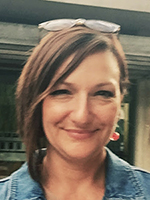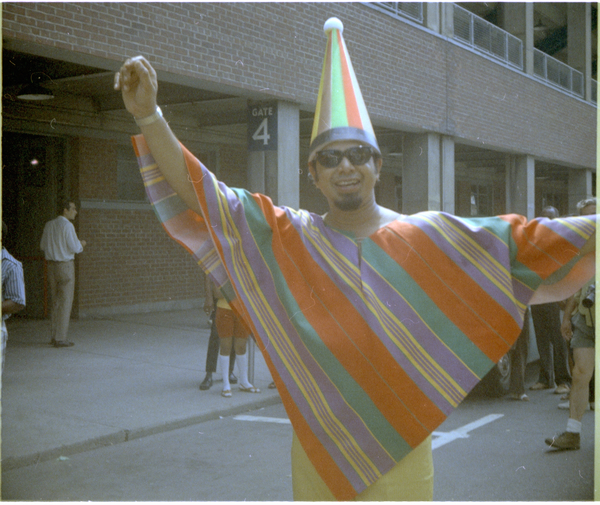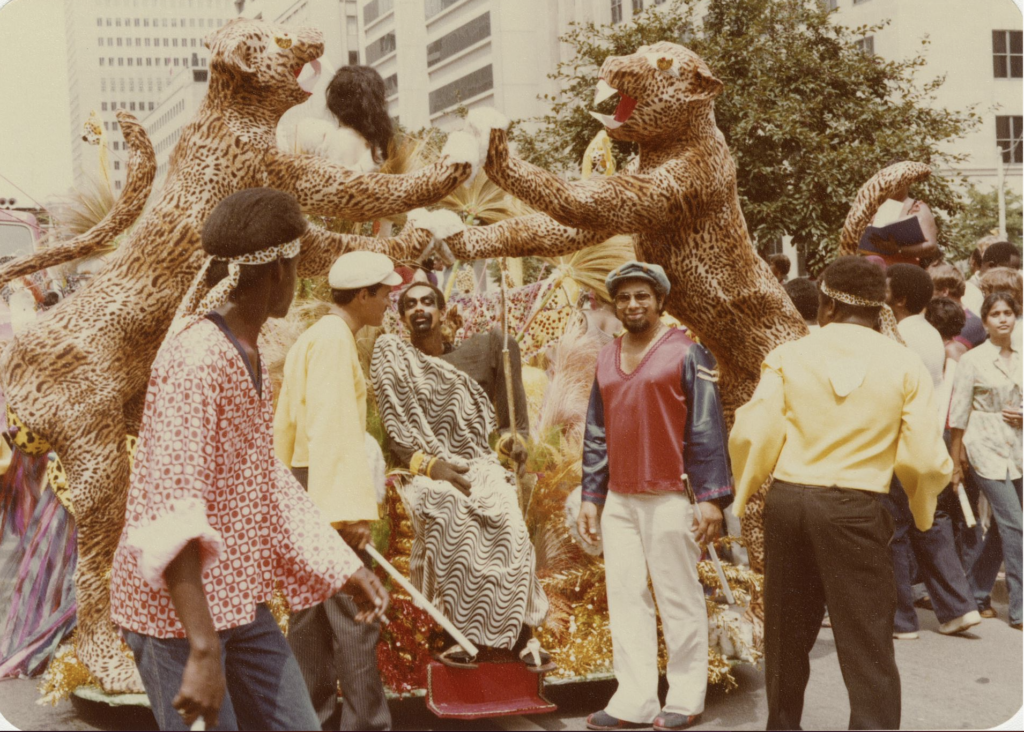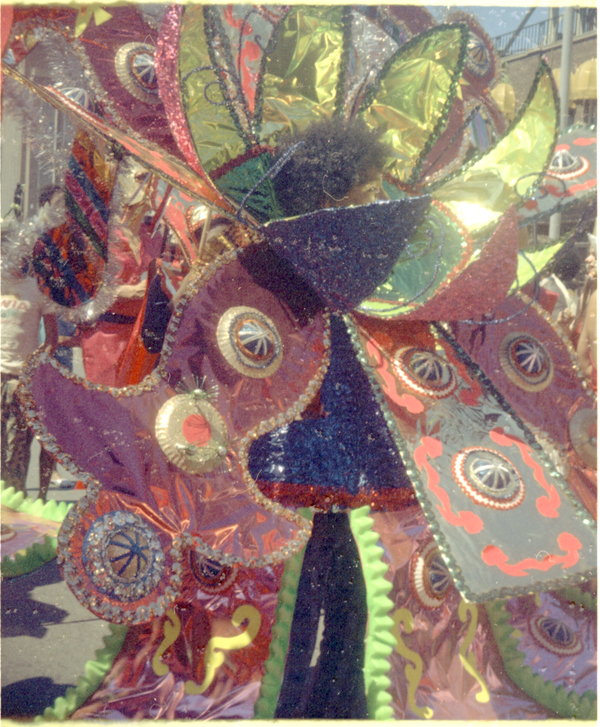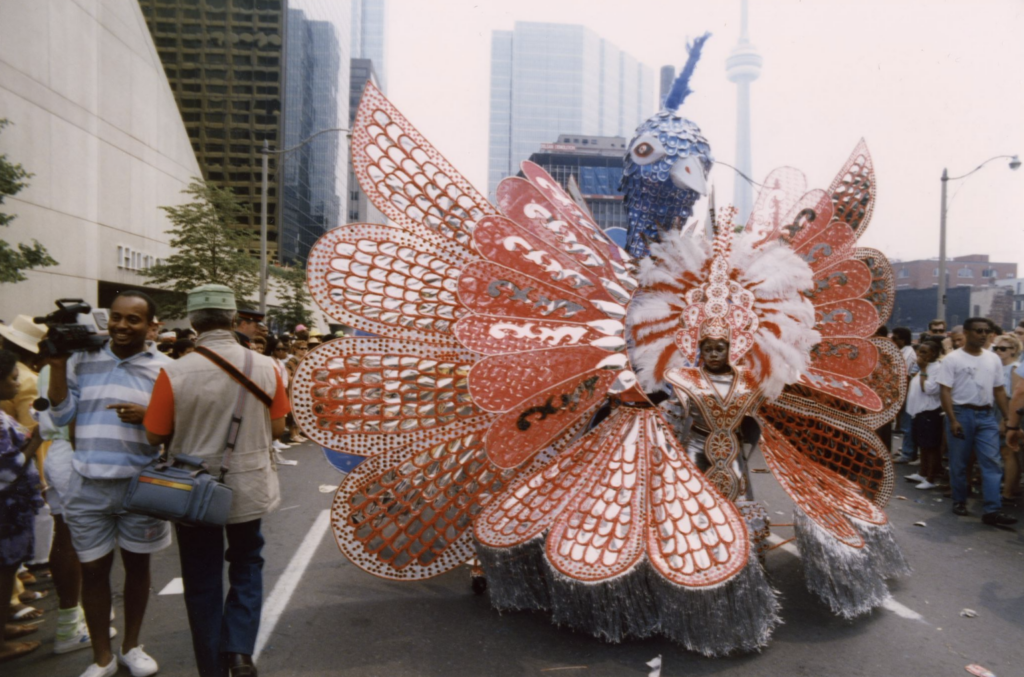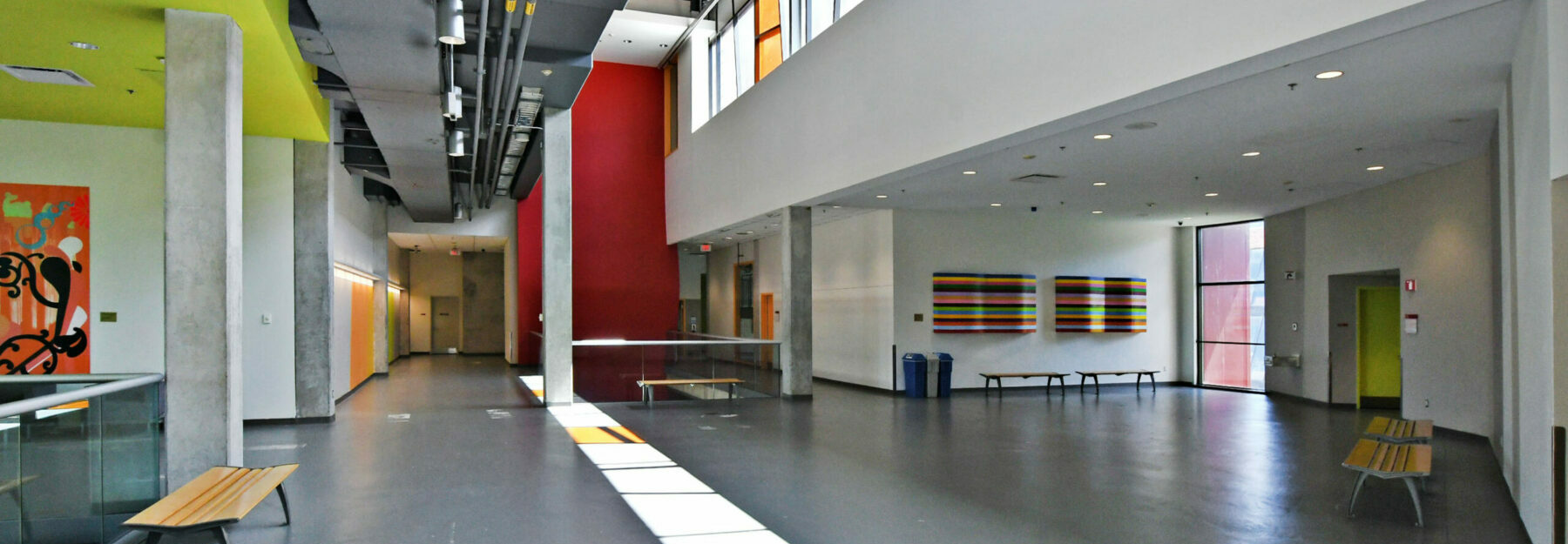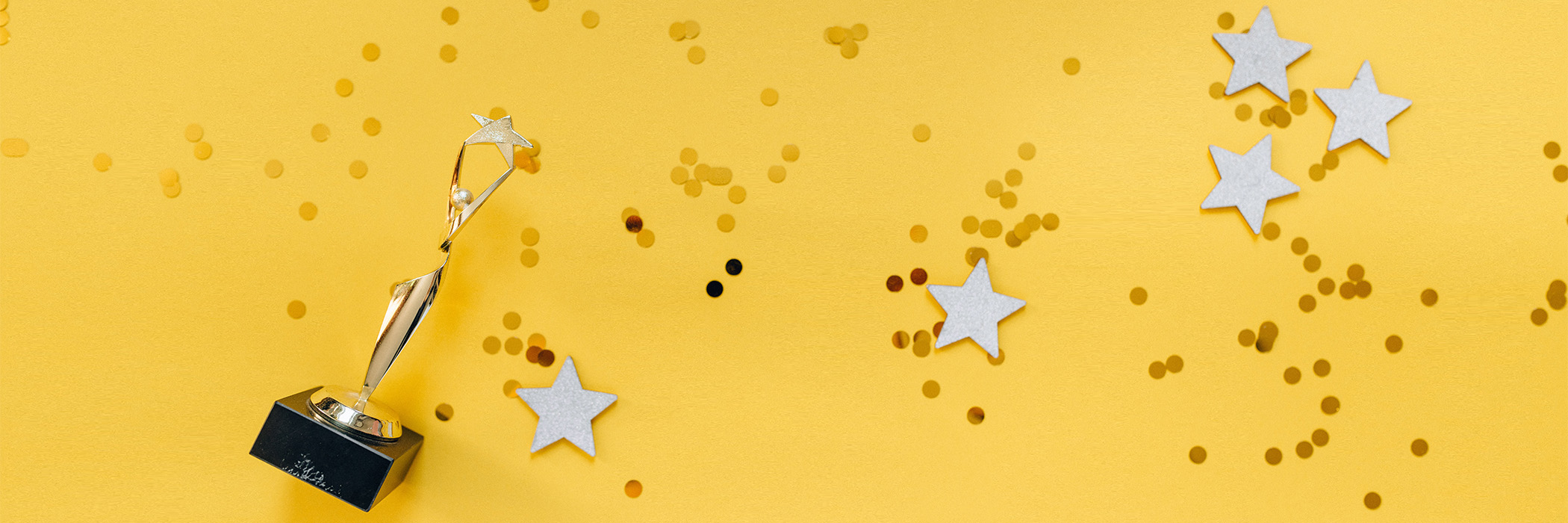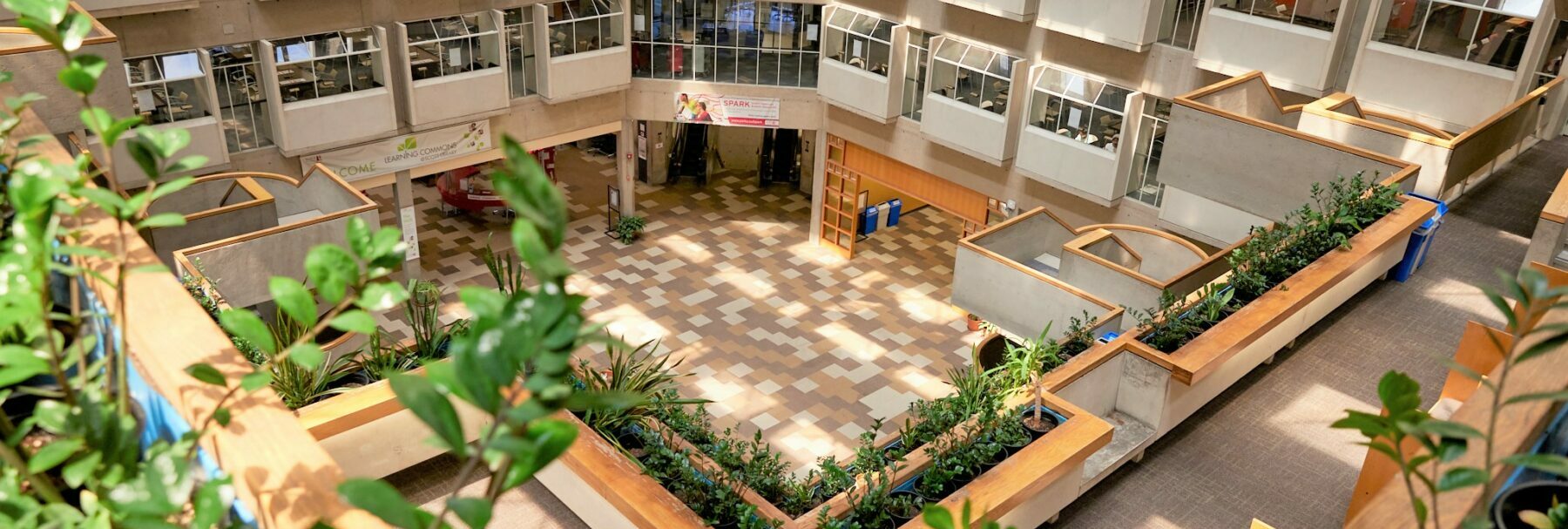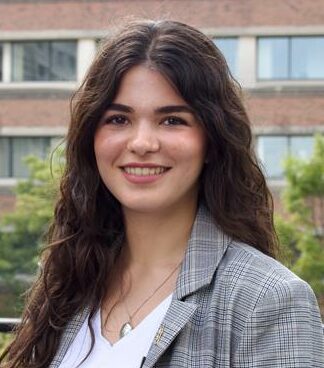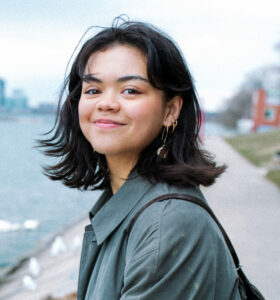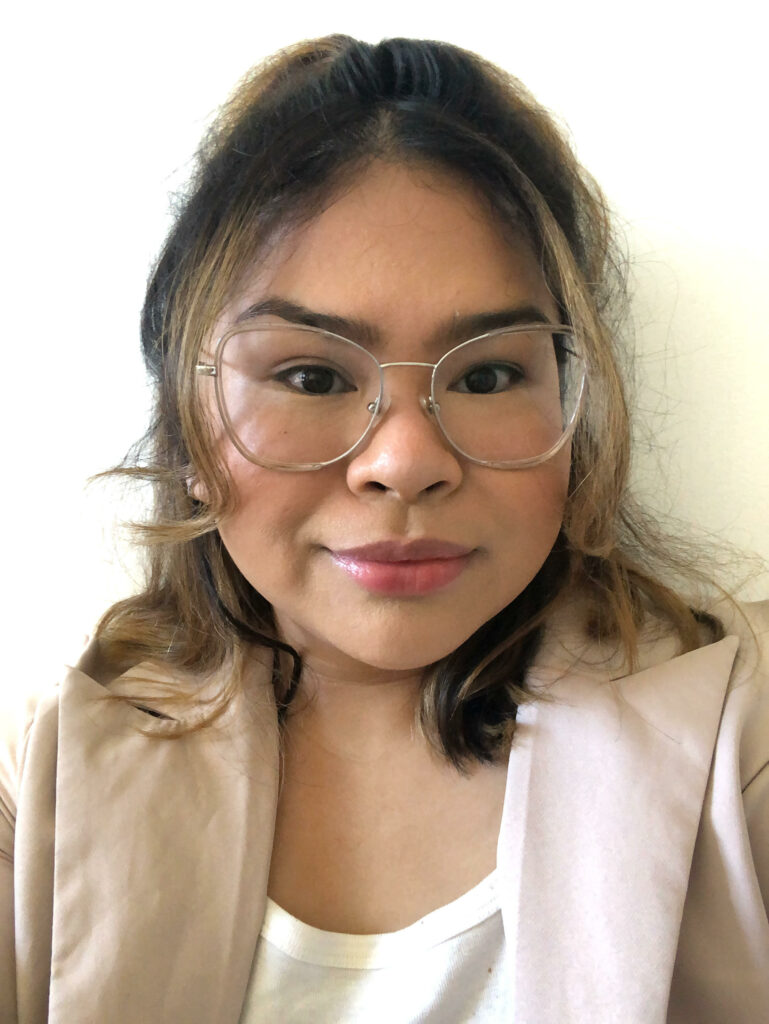By Elaine Smith
The team of teaching and learning experts at York University’s Teaching Commons (TC) has a full slate of offerings to unveil as the new academic year gets underway, including some new opportunities. Each year, the Teaching Commons team assists faculty and graduate students in pursuing engaged teaching practices centred on the student learning experience, helping them to stay up to date on the latest pedagogical innovations.
Artificial intelligence (AI) will continue to be a focus for TC in 2023-24, says Geneviève Maheux-Pelletier, director of the Teaching Commons.
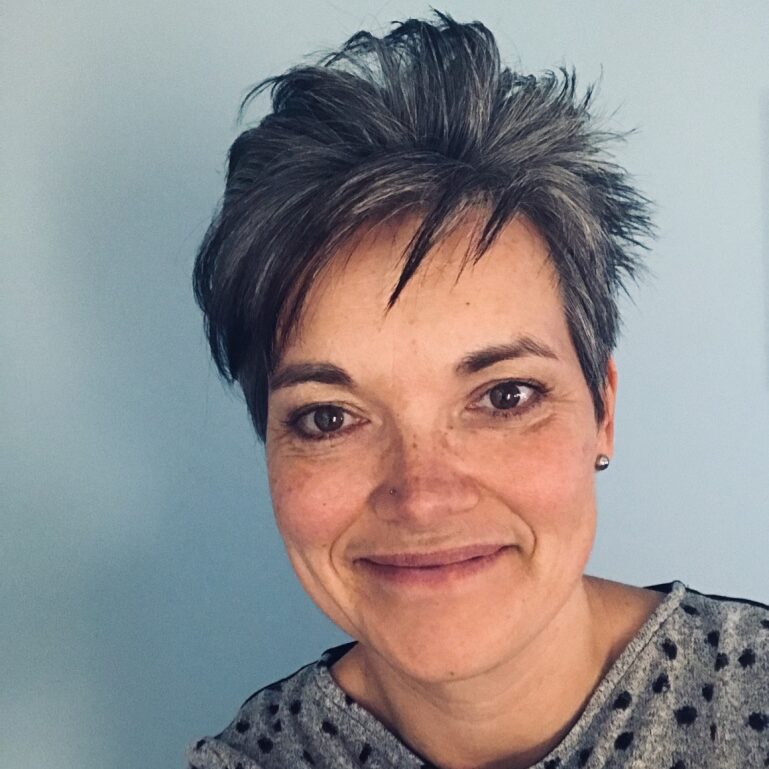
“We’re building on the work from last year, because faculty are interested in AI and continue to grapple with academic integration,” Maheux-Pelletier said. “We held an event in February on the York experience with AI and its implications for education that was broadly attended. Since then, our educational developers have launched a course addressing AI and education that ran in the spring and summer and will be back again in October. It’s a sought-after topic and is top of mind for many educators.”
Robin Sutherland-Harris, a TC educational developer, has collected ideas and strategies from participants in various York AI sessions on how to adapt to AI in the teaching and learning space. She will turn them into a series of tip sheet-style resources that will be developed and housed on the TC website.
In addition, TC is hosting an online summit Oct. 18 to 20, in collaboration with the Institute for Research on Digital Literacies, on AI and academic integrity in higher education. It will include a faculty showcase on ways to integrate AI into the teaching practice; a panel of experts from both within the University and elsewhere discussing critical perspectives on generative AI; and student voices about how generative AI affects their learning journey.
“It’s a matter of understanding the role of AI in education and bringing everyone on board with how to ethically use it,” Maheux-Pelletier said.
Bringing decolonization, equity, diversity and inclusion strategies to life, the Teaching Commons, in partnership with the Centre for Human Rights, Equity & Inclusion, will introduce a new online workshop series about trauma-informed pedagogies, led by Ameera Ali, a TC educational developer. It’s a 10-part series with five sessions scheduled for the fall term and five for the winter. Participants who complete seven sessions are eligible for a letter of completion.
The series will introduce participants to the topic of trauma-informed teaching and offer practical strategies for supporting students and themselves while developing a trauma-informed classroom. Sessions will focus on topics such as racial and cultural justice and dis/ableism, access and accommodations.
A new initiative for 2023-24 is supporting faculty in applying for teaching awards.
“Part of our role is to elevate teaching and learning,” said Maheux-Pelletier, “and one way to do that is to nurture a culture where effective instructors feel comfortable applying for awards.
“I know there are many faculty members who are eligible for external awards, but unless they have a plan, applications don’t always happen. We can support them in thinking through the narrative of what they do as instructors, where their innovation lies and how to describe innovations.”
TC will host a series of events focused on informing and encouraging York faculty to apply for awards, drawing on the support of educational developers, including a Sept. 26 workshop about teaching application dossiers.
“When we’ve had the capacity to support nominees in the past, we’ve experienced some success, such as faculty winning 3M Teaching Awards,” Maheux-Pelletier said. “There is so much extraordinary work happening in the classroom, but to be recognized takes intention and that’s what we’re trying to encourage.”
The Teaching Commons is also preparing to use a space redesigned and upgraded to include HyFlex capability, which translates to the ability to provide an equitable experience for people in the classroom and those accessing the class remotely.
“We’re looking forward to seeing what is possible,” said Maheux-Pelletier. “When we hold workshops there, they’ll be available to others outside the classroom. It will be a new chapter for us learning to use the classroom and its digital technology.”
This year, TC is shining a light on graduate students – teaching assistants and others – and working with them to develop sound teaching skills.
“We’ve seen that those who engage with us early in their graduate careers get the most return on investment in terms of acquiring new skills and becoming effective teachers.”
An ongoing program, Reading for Teaching, returns this fall in a slightly different shape. Reading for Teaching is an informal, collegial opportunity to engage with colleagues from across campus interested in reading and talking about teaching; it is a collaborative program between the Teaching Commons and York University Libraries. Participants meet a few times each term to discuss specific reading material. This fall, York’s participants will be collaborating with those at the University of Guelph who have a similar reading program.
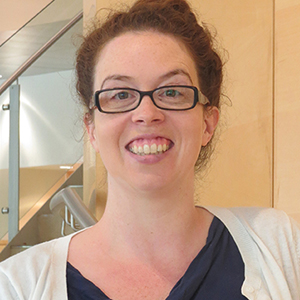
“They reached out to us after we chatted about Reading for Teaching at a conference,” said Lisa Endersby, an educational developer and one of the program’s organizers. “We’re exploring new ways of collaborating with colleagues outside York on professional development activities. We’ll all read the same book this fall and converse asynchronously in September. In December, we’ll meet synchronously to share our reflections.
“With teaching, some conversations are very contextual, but others are broader, so it seems like a natural next step. It’s always so interesting to get new perspectives on something you’ve done for a long time.”
TC has its usual full calendar of workshops and events to support all aspects of teaching, and its educational developers are always available for consultation.






